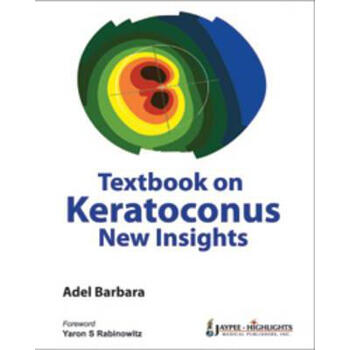
"From Wall Street to Web3 — the trading floor just got decentralized."
Walk into a prop trading firm in 2015, and you’d hear the hum of Bloomberg terminals, the chatter about EUR/USD, and the occasional heated debate over Tesla’s earnings. Fast forward to today — the charts might be tracking Dogecoin, Shiba Inu, or Solana. The question making the rounds is: Can proprietary trading firms really trade altcoins and meme coins? And if they can, should they?
Prop trading has always been about using a firm’s own capital to trade — taking risks, making profits, and innovating faster than traditional asset managers. But crypto flipped the script on what “assets” mean. Altcoins like Solana, Avalanche, and meme coins like Dogecoin aren’t just speculative side hustles for retail traders anymore — they’re becoming liquidity pockets where smart money also plays.
Some firms have already dipped in. These aren’t the “pump-and-dump” Telegram channels you’re thinking of. We’re talking about structured strategies, algorithmic trading bots scanning decentralized exchanges for arbitrage, and portfolio diversification into volatile but high-return tokens. A prop trader in London told me, “We trade meme coins the same way we trade small-cap stocks — position sizing, risk controls, and a healthy distrust for hype.”
Volatility = Opportunity For a prop trader, volatility isn’t an enemy; it’s the oxygen for profit. Altcoins can move 10–20% in a single day without a fundamental catalyst, opening room for momentum strategies, scalping, and exploiting liquidity gaps.
24/7 Global Market Unlike Forex or Nasdaq equities, crypto markets never sleep. That means a well-designed trading system can run across multiple time zones without waiting for the bell to ring. For firms with round-the-clock teams or AI-driven bots, it’s a dream scenario (and potentially a nightmare for traders who love weekends).
Integration with Other Assets Many prop firms don’t just go “all in” on crypto — they integrate it into broader portfolios alongside Forex, indices, options, and commodities. This mixed-asset approach lets them hedge volatility in altcoins with more stable instruments.
Regulation & Compliance Crypto sits in a regulatory twilight zone in many countries. In the US, a firm must keep one eye on the SEC and the other on the CFTC. In Europe, MiCA is setting new rules. Prop firms need robust compliance frameworks before diving deep into meme coin pools.
Liquidity Risk Not every altcoin has the depth of Ethereum or Bitcoin. A large order can cause significant slippage. In meme coins, liquidity can vanish overnight if the hype fades — remember “Squid Game Token”?
Security in Decentralized Finance (DeFi) DeFi protocols allow direct access to yield farming, lending, and token swaps, but smart contract vulnerabilities and hacks remain a risk. A rug pull on a meme coin isn’t just a problem for the average trader — it’s a balance sheet event for a prop firm.
DeFi is slowly becoming a playground for professional trading firms. Smart contracts enable automated trade execution without intermediaries. Imagine a prop firm where AI algorithms not only analyze sentiment but directly interact with DeFi protocols to execute trades and manage liquidity.
The challenge? Trusting code over people. But the reward could be a fully automated, decentralized prop trading desk — no exchanges, no brokers, just algorithms connected to blockchain liquidity pools 24/7.
The future might be defined by AI-driven crypto strategies that can trade thousands of tokens simultaneously, automatically adjusting position sizes based on volatility and sentiment. Smart contract-based risk management could lock profits in a vault before human emotion ruins the trade.
Proprietary trading firms have always been about pushing boundaries — from electronic equities in the ‘90s to forex algorithms in the 2000s. Crypto is just the next frontier. Whether it’s Bitcoin, Ethereum, altcoins, or the next viral meme coin born on Reddit, the principle stays the same: trade what others overlook, and trade it better.
Slogan: "Altcoins aren’t just speculative — they’re the new battleground for smart capital."
If you’re curious, I can also put together a short, edgy social media teaser version of this to help it get clicks and shares across Twitter, LinkedIn, and crypto forums. Want me to do that next?